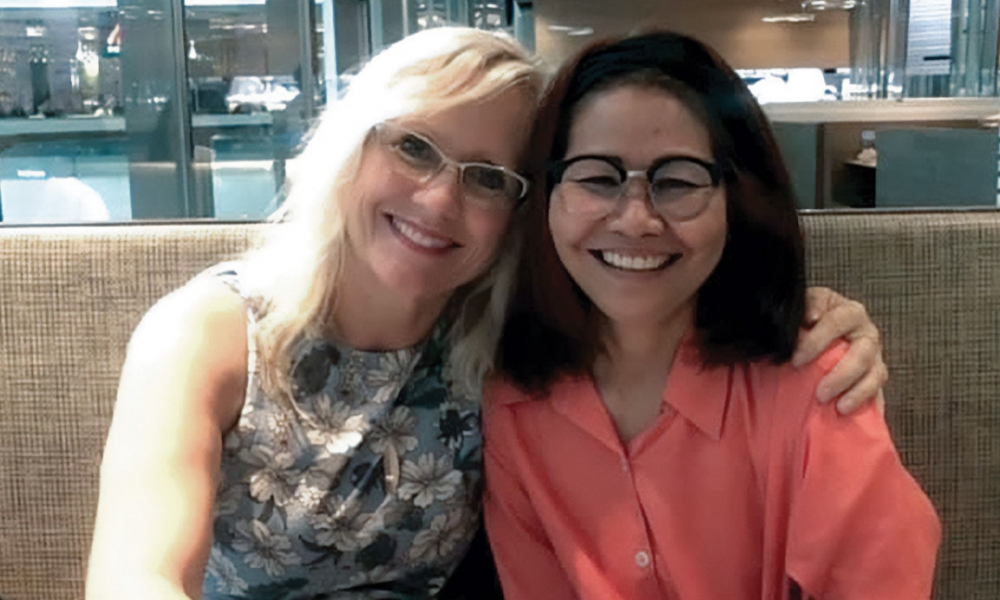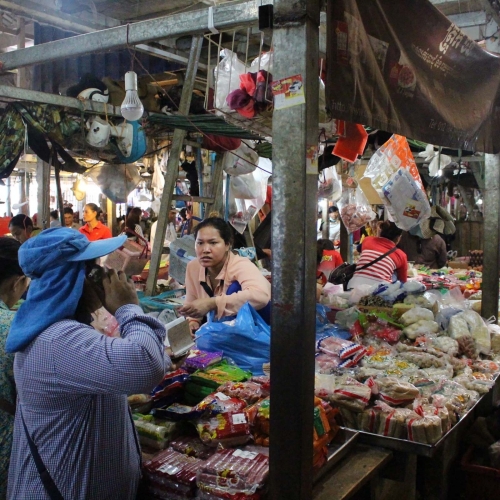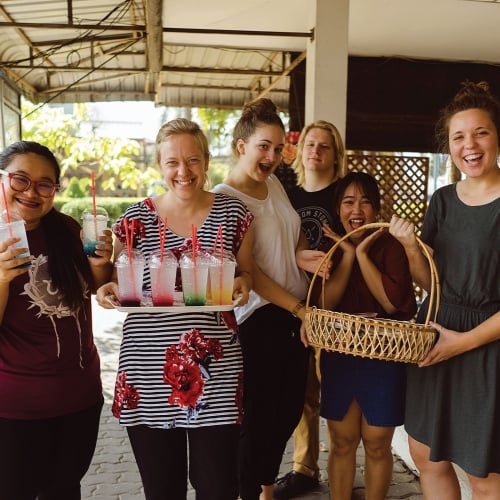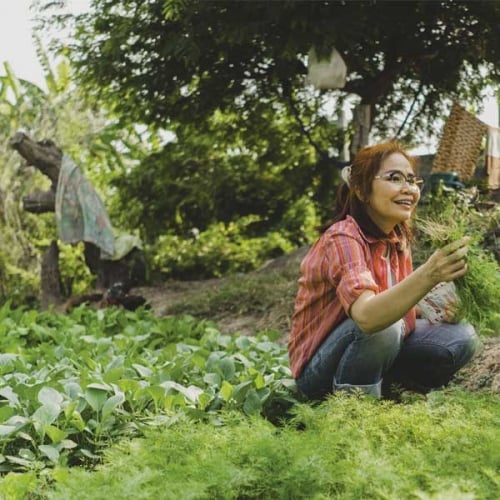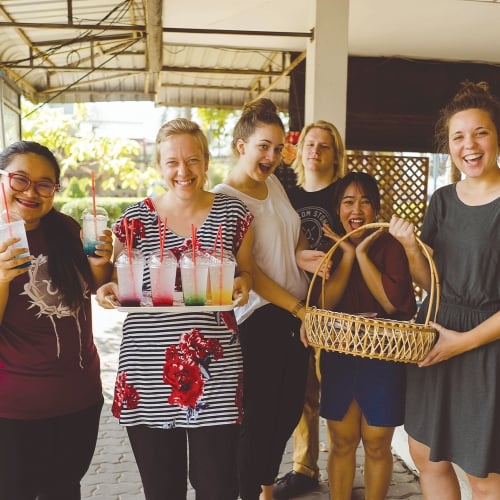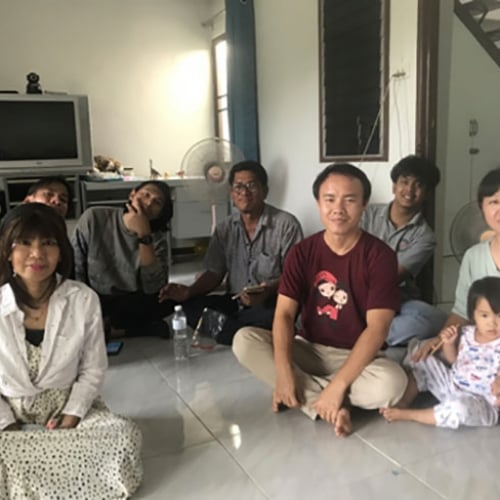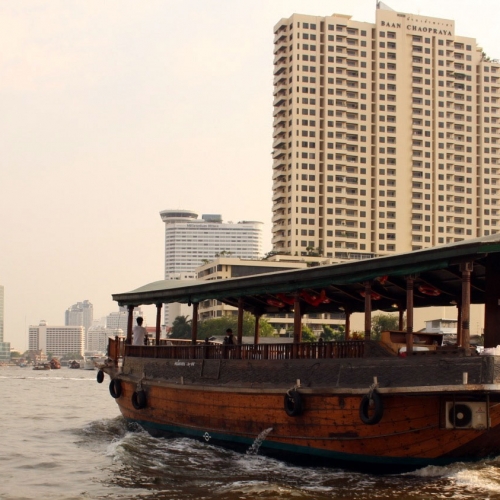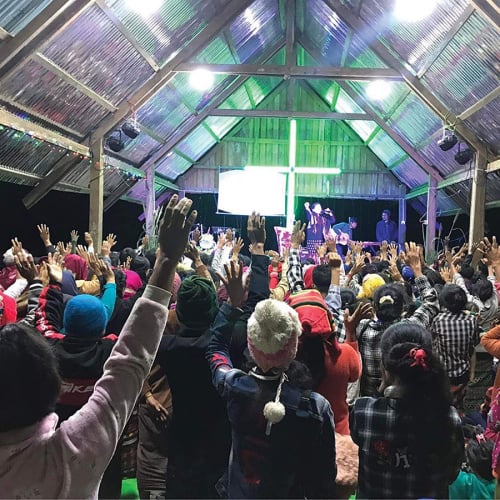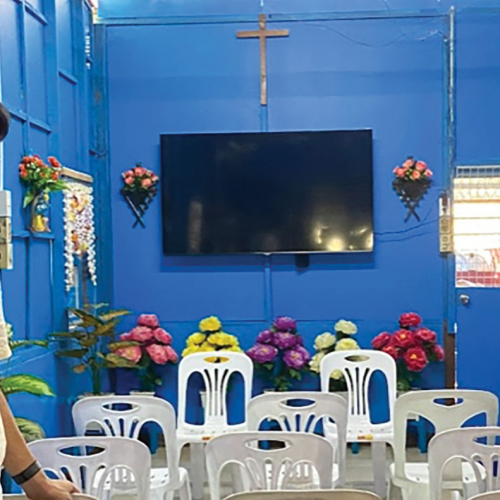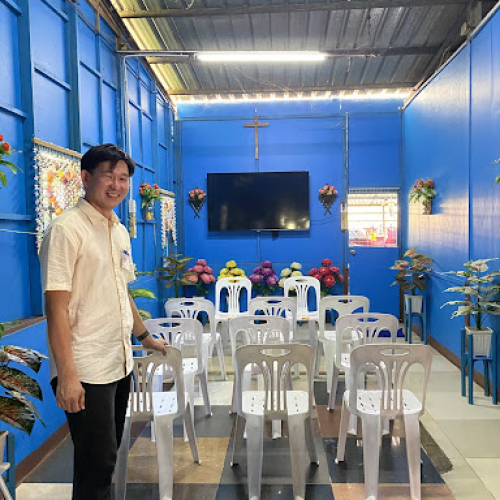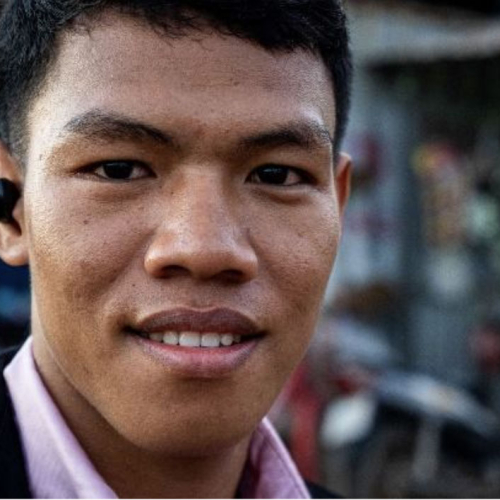Louise: Ajaan (Pastor) Naat, have you heard about the recent racial violence and the protests that are currently happening in North America?
Naat: Yes, Thai people are shocked. They are following this story closely in the news.
Louise: Ajaan, we have known each other for more than twenty years. We have built a lot of trust in our relationship. Would it be okay if we talked about racism in Thailand? This conversation might make you feel uncomfortable, but I don’t want you to feel any shame. I thought your own personal experience with racism might encourage our brothers and sisters in North America.
Naat: Yes, it’s okay. Let’s talk honestly about this issue.
Louise: Ajaan, over thirty years ago, after you finished high school, you moved from the Isaan, the northeast part of Thailand, to find work in Bangkok. At that time, how did the central Thai people feel about people from the Isaan?
Naat: Isaan culture and dialect are very different from central Thailand. Many Isaan people speak Thai poorly. When I started speaking, they knew exactly where I was from. When I started my first job in the factory, I would often hear Thai people gossip about Isaan people. They called us Lao or Ice-Siow, which means the “dirty and stupid people.”
Louise: That must have been very difficult for you.
Naat: Yes, it was. But can I share with you what was even more shameful? It was the way Thai men spoke about Isaan women. Men assumed that all Isaan women wanted to sell their bodies so that they could get rich. It’s true that we were desperate for work, so we agreed to do the lowest and dirtiest jobs. When I had a job as a housekeeper, the Thai owner treated me like a slave. One time I was so hungry I asked if I could eat the old food from the idol shelf. I felt so ashamed.
Louise: I am so sorry you experienced that. How did it make you feel?
Naat: It really hurt. I had to fight so many negative thoughts and lies about my own self-worth. I often think, “If I had never heard about Jesus’ saving love, where would I be today? How would I have been able to forgive all the people who mistreated me?”
Louise: Yes, praise God for your friend who shared the Gospel with you!
Naat: Yes, I ask myself, “If I hadn’t found the hope and dignity that Jesus died to give me, what would I have done to feed my children? Would I have sold my body to men just as was expected? Who can stand to see their children starve?” Every young woman in Isaan just wants to return to her home village and give her parents money. It’s the way we show love and honour to our parents. But for many women, this comes with a great cost and a terrible sense of shame.
Louise: Yes, I hear you. I think this is why stereotyping people is so harsh. It doesn’t allow for compassion or help us realize that not everyone has the same opportunities to make wealth in this world. The prejudice you have experienced in your life makes me think of what our Myanmar brothers and sisters often experience living as migrant workers in Thailand.
Naat: Oh my, yes. Now that I have an education and a stable income, I experience a lot of dignity in Thai society. But I have not forgotten where I came from. People from Myanmar still experience terrible hostility and prejudice while living in my country. Our school history books teach us that Myanmar people were the enemy. It’s not uncommon for Thai people to say, “You can’t trust a Myanmar person. They will cheat you. They will steal from you. If you hire them, they will murder you in your sleep!” So that’s what I used to believe.
Louise: Unfortunately, that happens everywhere. We unknowingly change our beliefs and behaviours about someone we don’t know because we adopt the biased thinking of others, even if it is untrue.
Naat: The first Myanmar person I ever met was a woman named Pen. She spoke Thai fluently. She was humble, generous and so hungry to know God! After I led her to Christ, Pen asked me, “Would you please come with me and share this Good News with all my friends and family?” That was the beginning of our friendship. It was also the beginning of our Myanmar Mennonite Brethren churches!
Louise: Ajaan Naat, I never knew that you experienced such a huge change of heart towards Myanmar people! All I remember is that ten years ago when Myanmar people started coming into our Thai church you spent a lot of your time helping them receive justice. Do you remember the time a Thai man took an axe and tried to kill Pastor Joshua, one of our Myanmar pastors? You went straight to the police station to report the crime. Another time, I remember you went to the hospital daily to pray for a young Myanmar boy in a coma. You advocated for him to get free medical care. On another occasion, I remember you advocated for Pastor Isaiah to receive a work permit through our Thai Foundation so that he could live in the country legally. Pastor Naat, why do you love Myanmar people so much, even though your own culture teaches you to hate them?
Naat: Well, one day during worship, I opened my eyes and saw our Myanmar brothers and sisters worshipping God, singing passionately. Their sincere love for Jesus melted my heart. Then the Holy Spirit said to me, “You must help them!” Ever since that time, I understood the implications of believing Genesis 1:27, “So God created human beings in his own image. In the image of God he created them...” Louise, if God does not look down on me, if God does not treat me as a second-class citizen, how can I look down on my Myanmar brothers and sisters? Every people, every nation, every colour of skin is precious and of infinite worth in the eyes of God who made them.

